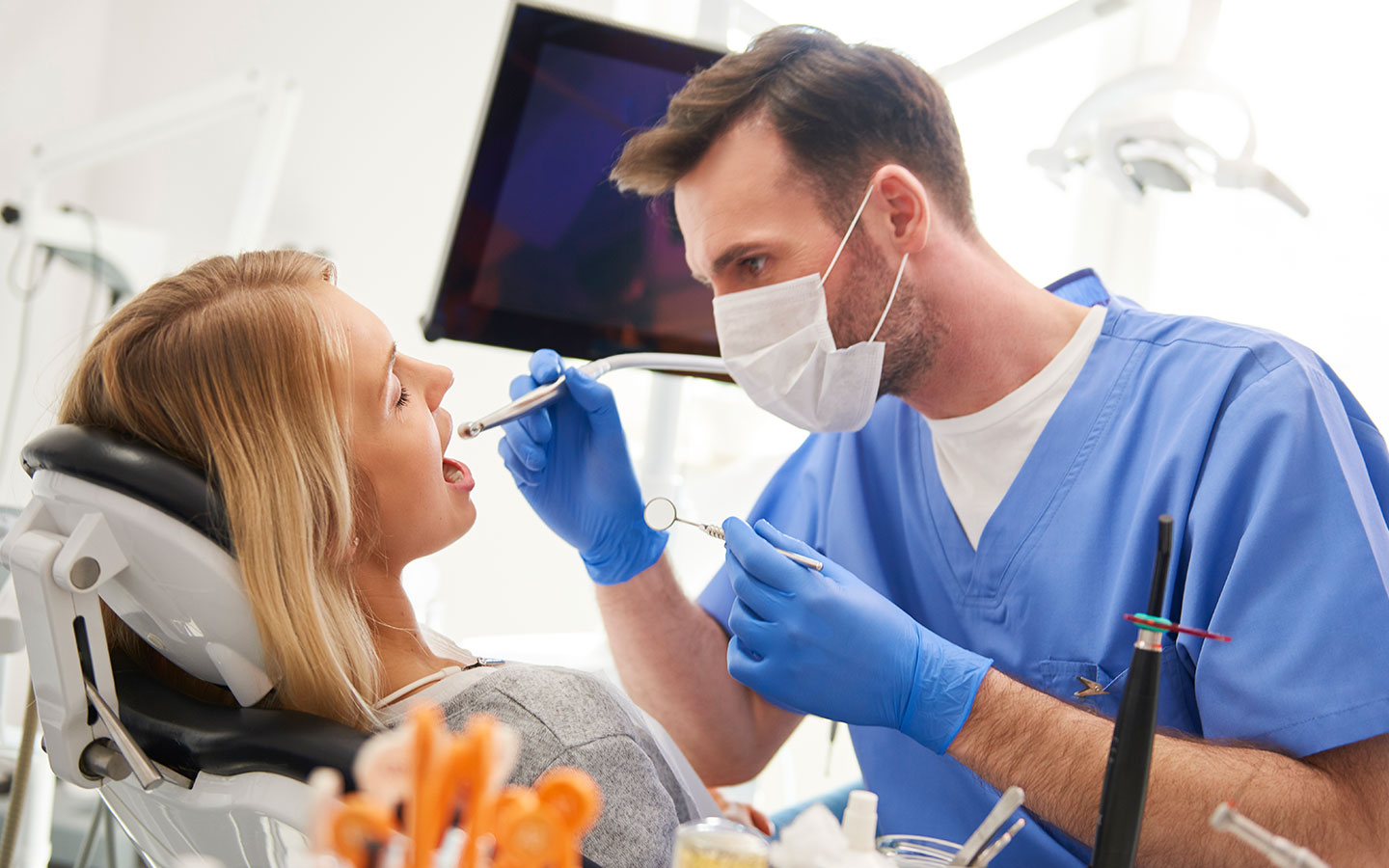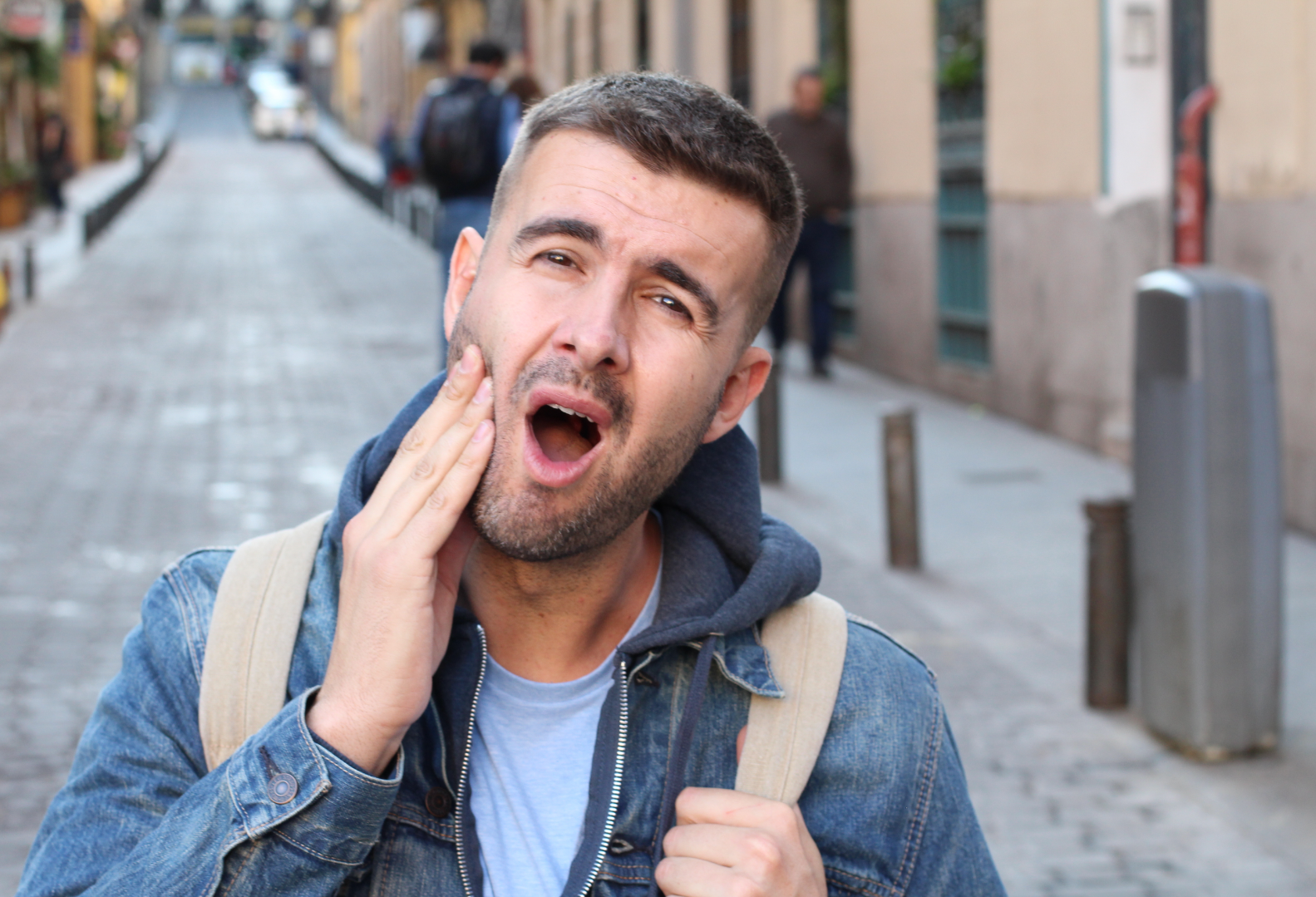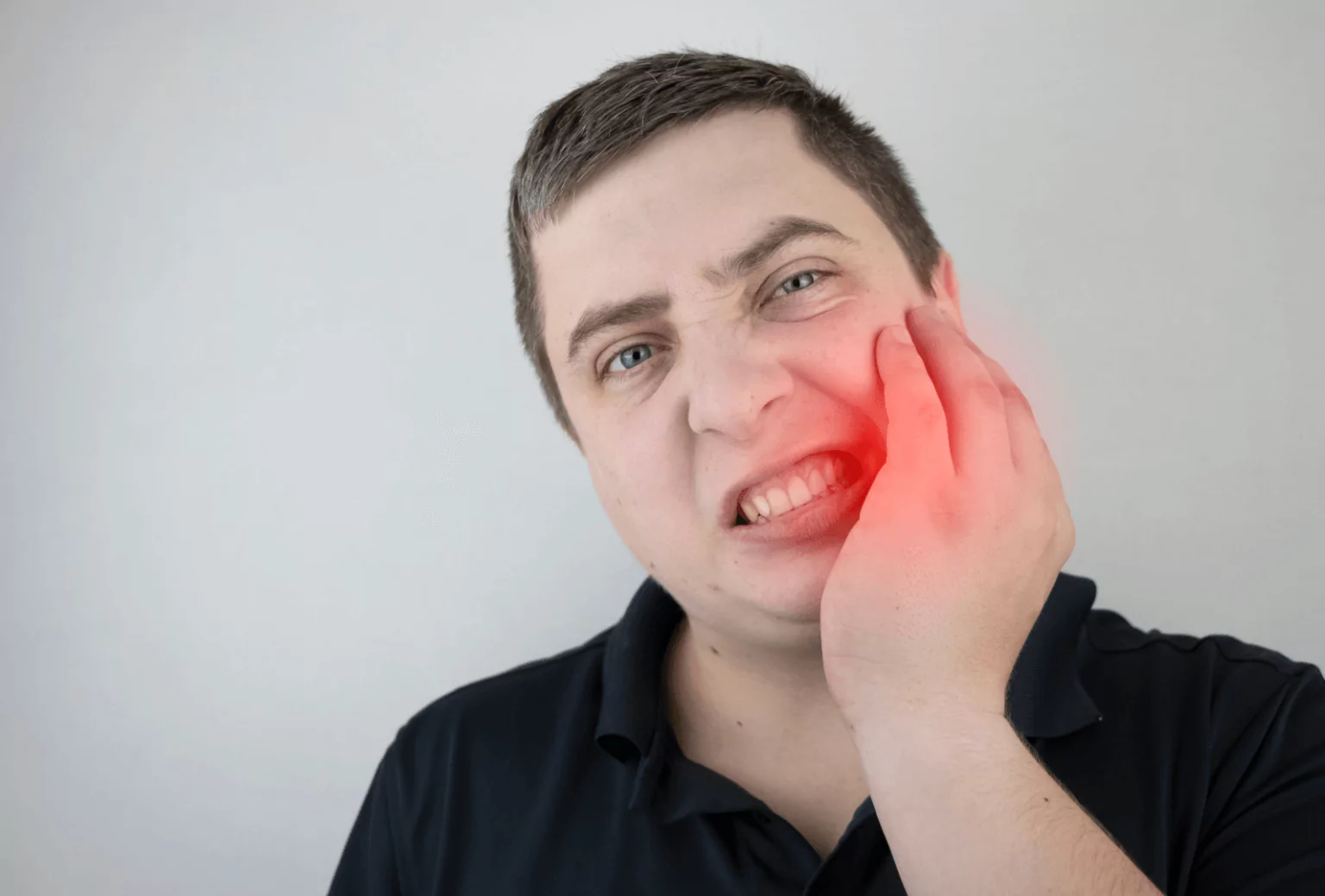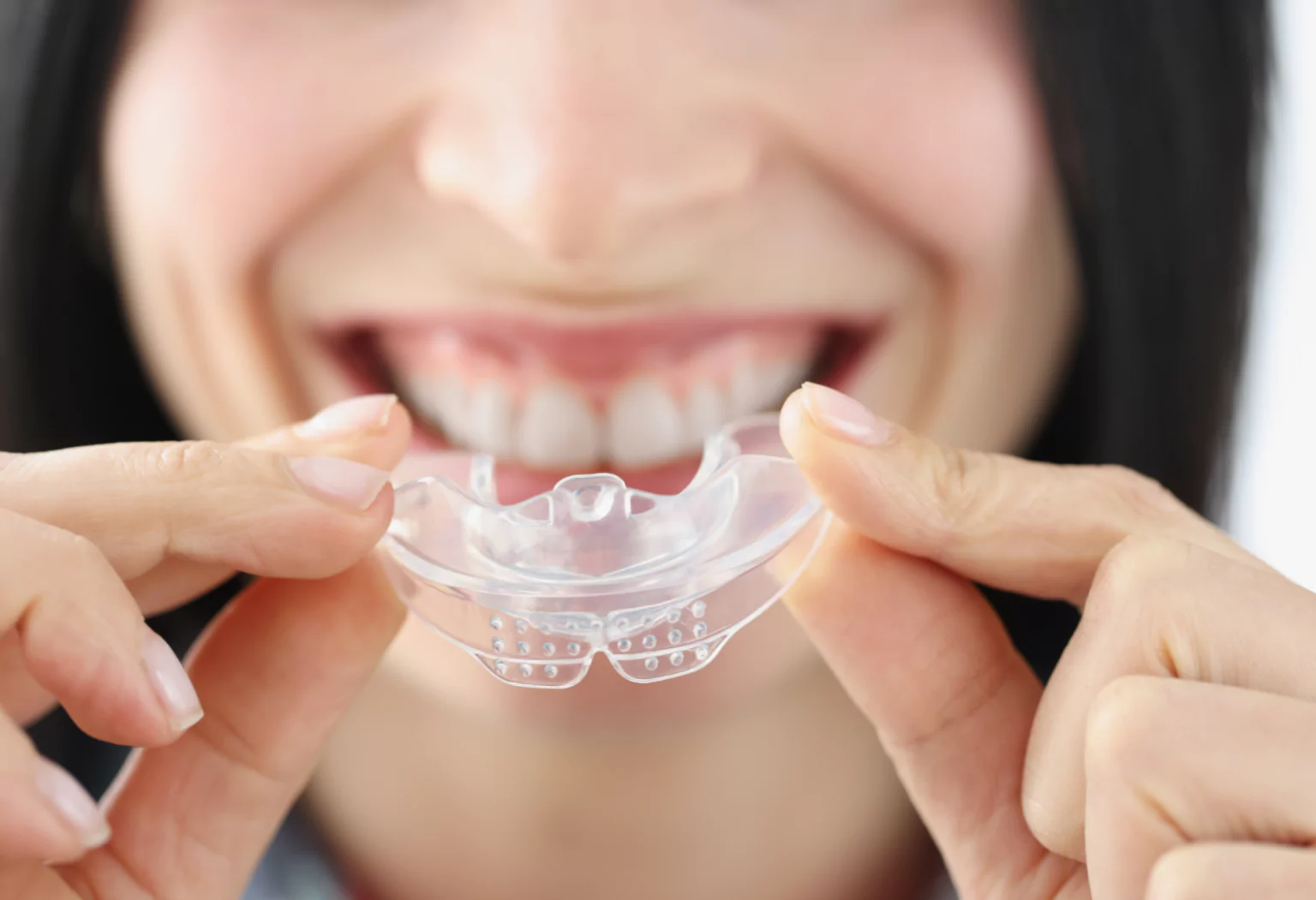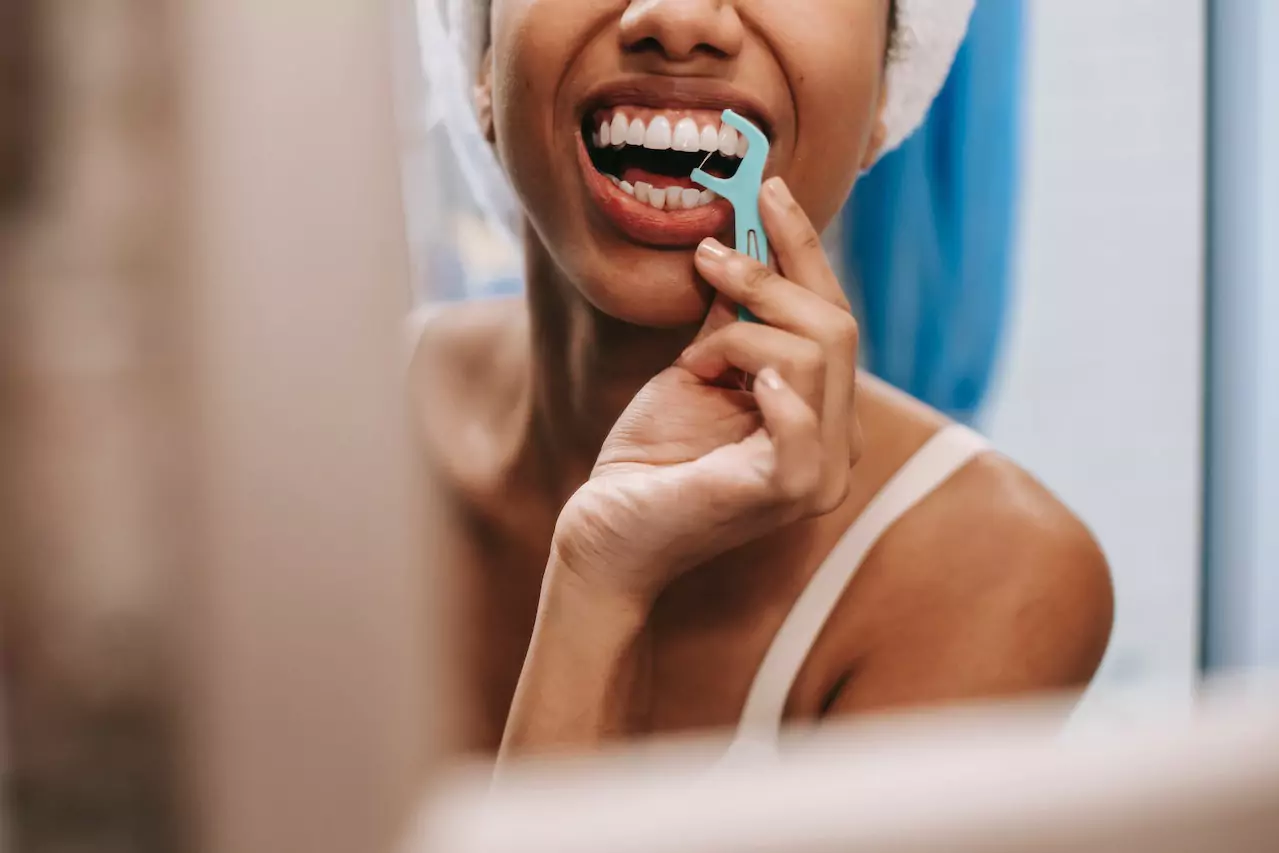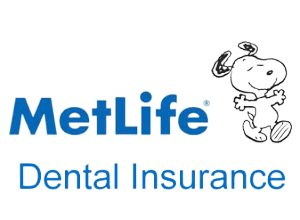Medically referred to as bruxism, teeth grinding or clenching can occur consciously or unconsciously. While occasional grinding might not pose harm, persistent bruxism can cause damage to oral tissues and lead to various oral health complications.
Why do people clench or grind their teeth: the reasons for teeth grinding is not always clear and can vary from patient to patient. At Channel Islands Family Dental Office, our experts work tirelessly to diagnose the physical, psychological or genetic factors that can cause bruxism.
Impact of Lifestyle and Sleep Disorders:
Engaging in lifestyle habits such as smoking, alcohol consumption, recreational drug use, or high caffeine intake can also be factors contributing to nocturnal teeth grinding or clenching.
Moreover, sleep disorders like sleep apnea can also be identified as potential reasons for bruxism.
Diagnosing the Condition: Teeth grinding or jaw clenching typically occurs during sleep and is often observed by parents or siblings. However, consistent dull headaches or a sore jaw upon waking up could be indicative of bruxism. If you suspect that either you or a family member grinds their teeth during sleep, it is advisable to consult your dentist. A dental specialist can conduct a physical examination of your mouth, checking for signs of bruxism such as jaw tenderness and wear and tear. This evaluation helps to eliminate other potential causes like ear infections.
